We were lucky to catch up with Nelson Diaz-Marcano recently and have shared our conversation below.
Hi Nelson, thanks for joining us today. Learning the craft is often a unique journey from every creative – we’d love to hear about your journey and if knowing what you know now, you would have done anything differently to speed up the learning process.
I learn how to tell stories from an early age. I always love listening to stories and I love telling them for people. It took me years to understand this was a calling for me. I meddle in poetry and songwriting in high school, but being a poor kid from the campo, we really didn’t have money for any actual training. It took me years and finding theater for me to finally decide to dedicate myself to writing and producing. That I found not only I could tell them professionally but that people wanted to hear my stories.
Being a Caribbean kid learning a craft in the United States can be real hard because most mentors will aggressively try to shape your technique into a traditional American style… which is pretty boring. I would have love a space where they didn’t try stripping me away from my culture and instead celebrated and nurture that style, And while those obstacle may have kept me from learning more, I can say for certain I wouldn’t be the writer I am today without them. Without finding my confidence, without learning from the elders, without learning the rules I will go to break, all of it was part of the same process. I believe that the ability to absorb knowedlge from every situation and learning how to use it is the most essential skill you can learn.
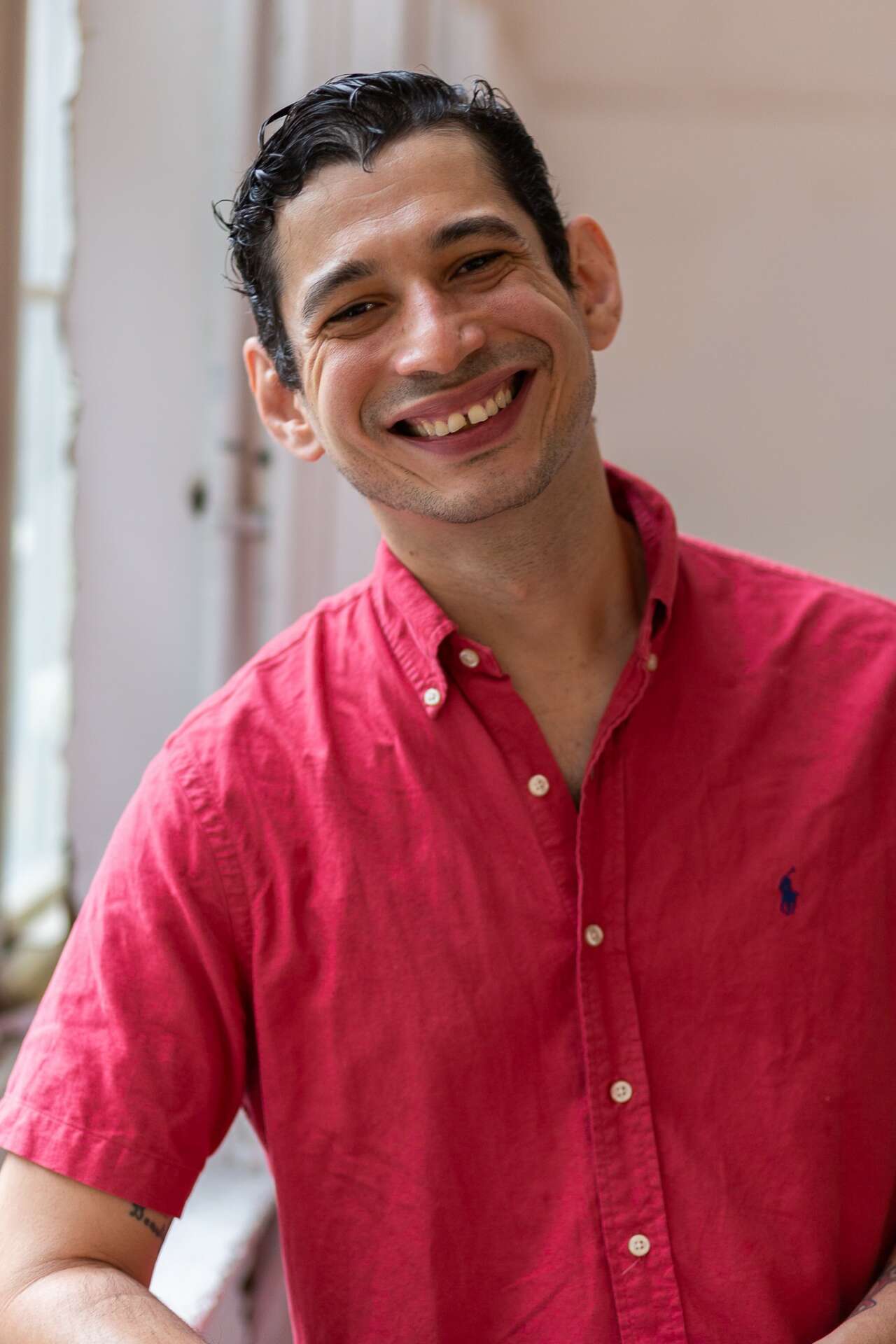
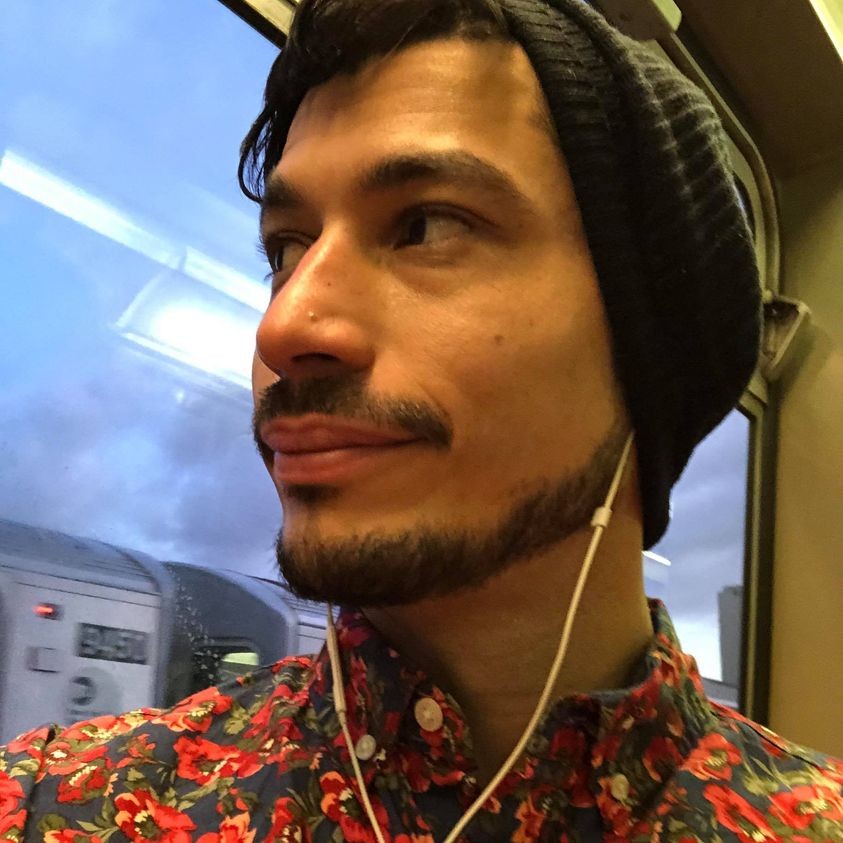
Great, appreciate you sharing that with us. Before we ask you to share more of your insights, can you take a moment to introduce yourself and how you got to where you are today to our readers.
I am a writer that develops other writers through the uplifting of community. I work as the Literary Director for the Latinx Playwright Circle, a not for profit company that focuses on the development and production of Latine work. I am extremely proud of the work we’ve done in the few years we’ve been around. Over a 100 plays developed, many of them getting produced around the country including two Off-Broadway Co-Productions. This is the kind of work that’s needed for the change we want. To build relationships with people first then care about their work.
And this has made me better as a playwright, as I learned constantly from the people I develop and mentor. Being a literary leader pushes me to do my best and I haver to say it has led to me writing some of my strongest work. It has made my vision and mission both more concrete. My work aims to expose and examine the Puerto Rican people and its history with America. It investigates the American Dream and the families trapped or gaining from it. Being able to develop my work alongside other people with similar perspectives or cultural connections helps me stay true to my voice. Which led to my off Broadway debut as a playwright being a bilingual production with 5 women leads and a Taino word as its title. Without my work with the LPC, without the power my peers gift me, without the support my community lends me, I don’t think I would have the strength to write Las Borinqueñas as I did.
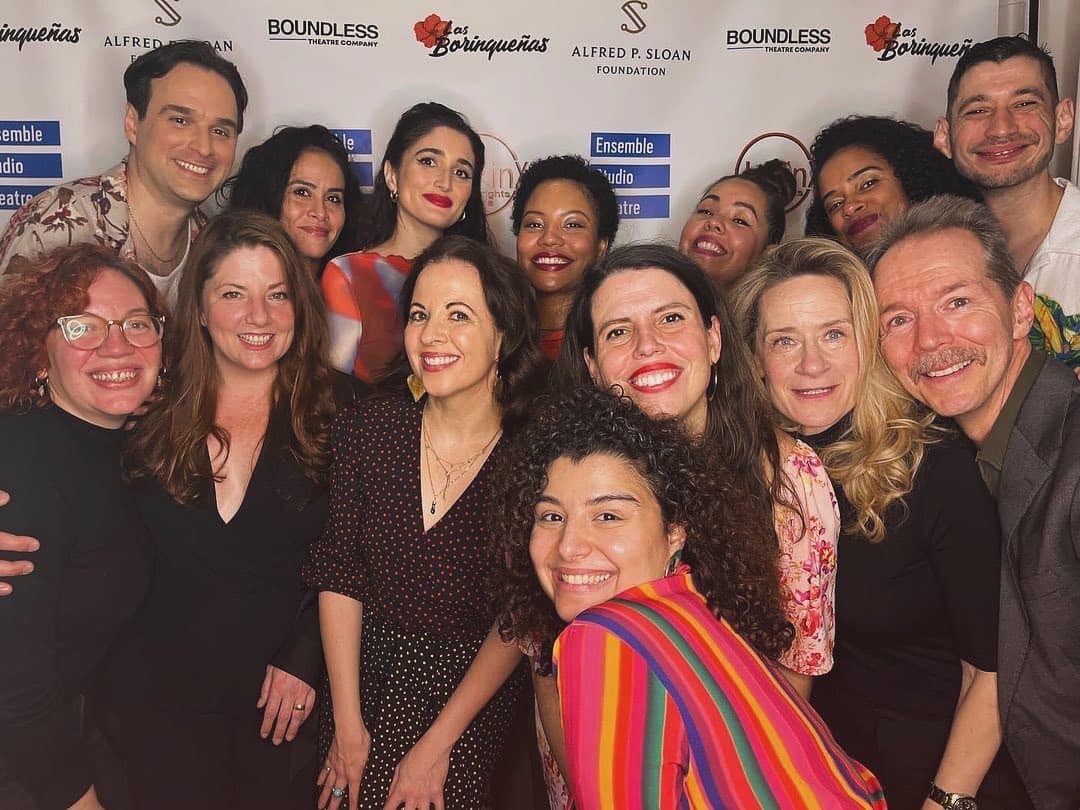
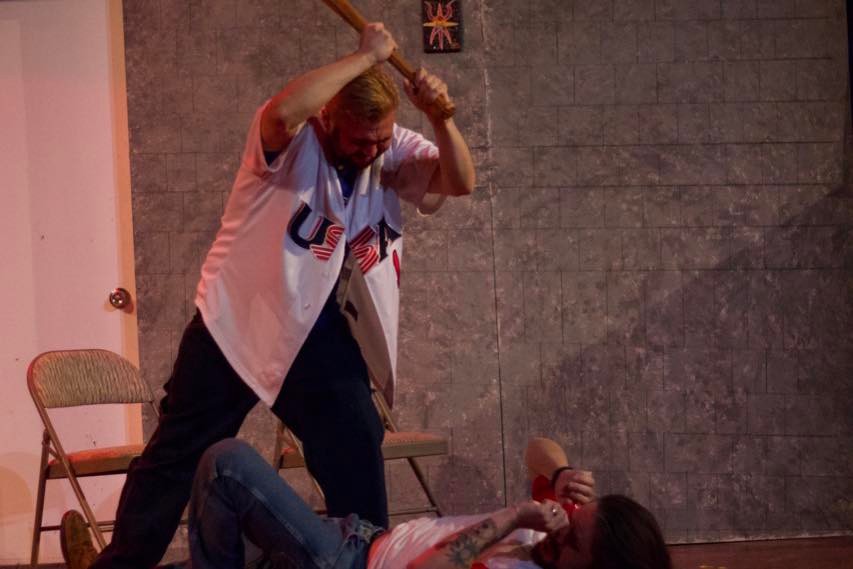
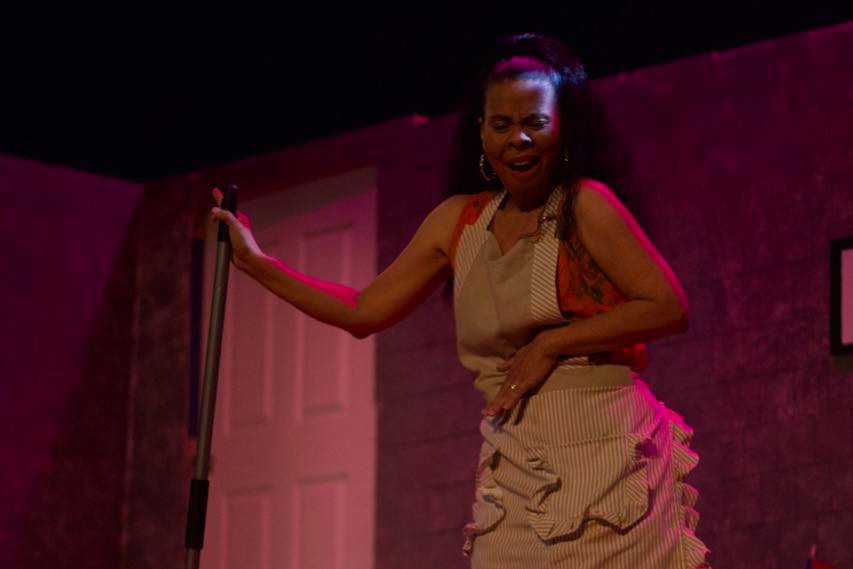
In your view, what can society to do to best support artists, creatives and a thriving creative ecosystem?
I think to do like some governments and give them a salary after they reach a certain level of national recognition. I truly think the best way to support your artists it’s by giving them financial security and education. Too often, In America, we romanticize the journey but do not put the reality check needed for people to navigate it. We think about craft but not business. And to be completely honest sometimes the craft is hard to focus on when you don’t know how to do business. A lot of our artists, good artists, people that has work on TV, Film and theater work still at survival jobs to be able to eat. That is not a society that cares about its artists, it’s a society that cares about the monetization of them.
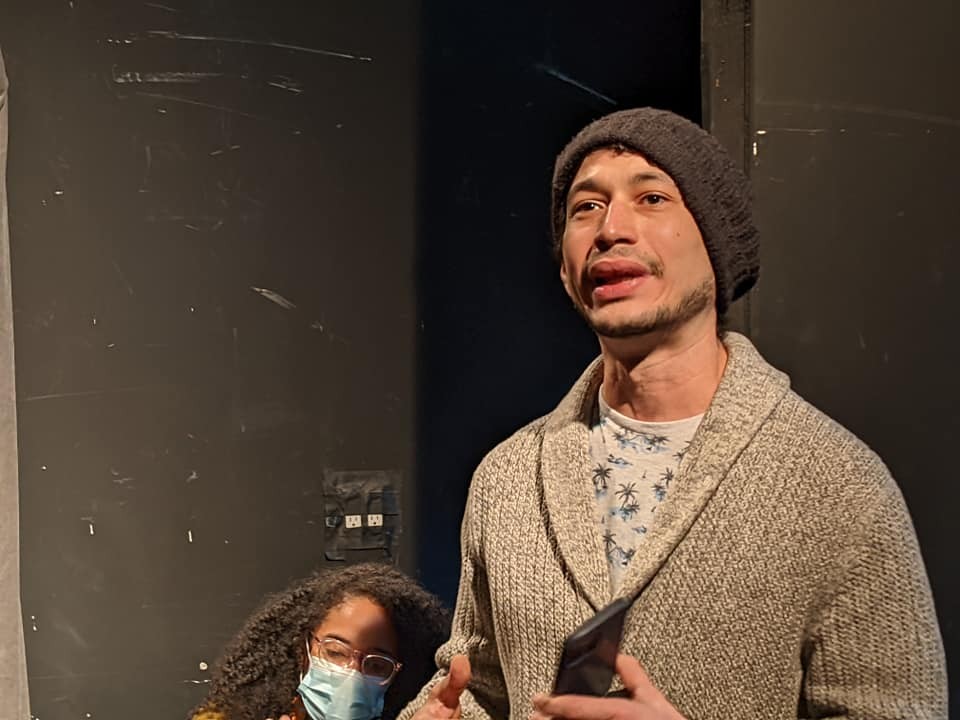
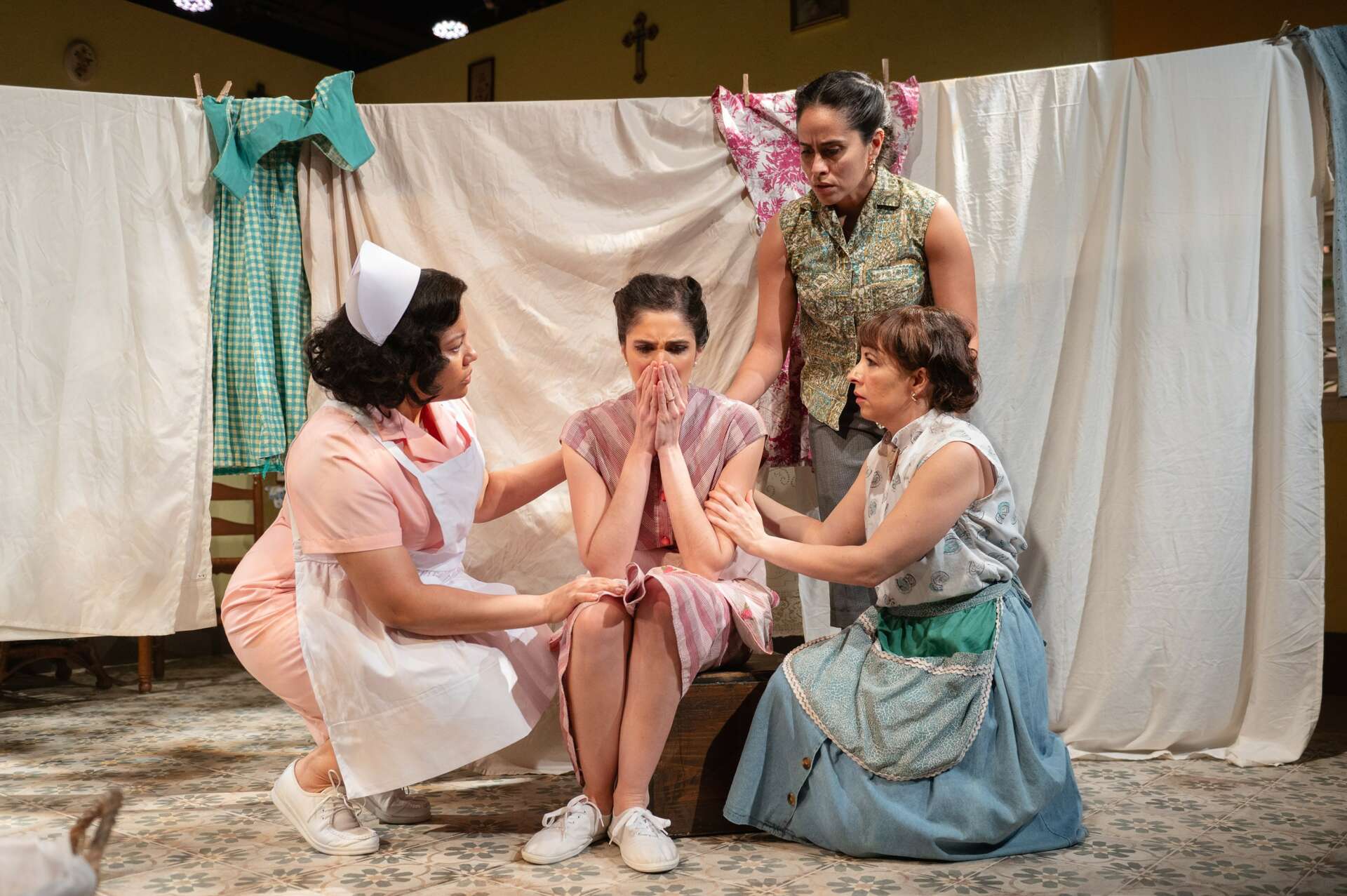
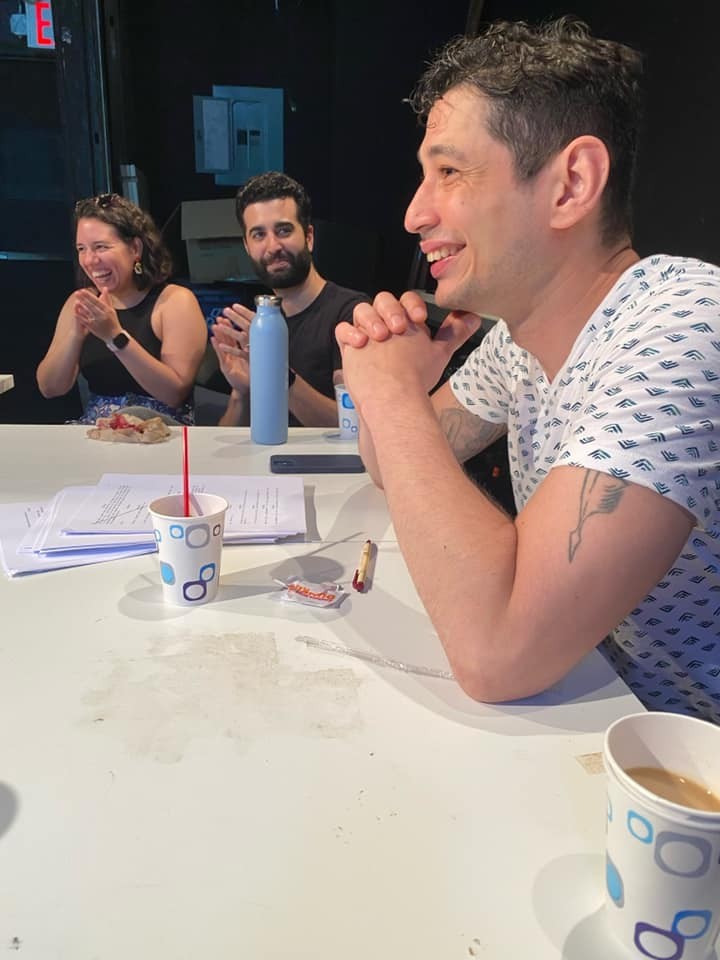
Is there mission driving your creative journey?
The need for it to happen. The complete obsession to get your creations to see the world. And for the world to see them. The drive that moves us to go deeper and farther. We don’t sacrifice what we do for the love of it. It hurts, but when art feels like a calling it’s important to explore it. Artist are the true archivist of societies. We can tell more about history from the art of societies than anything else. Writing, painting, sculptures, etc.. tell us more about what was going with the people by showing us how they felt instead of just what was happening. That’s why when you get the call to be an artists, you at least need to listen to it. Your body will make you anyways and then you decide. But it is something people struggle to understand. How you wake up and a story forms in your brain and doesn’t let you go. How a vision takes over your brain and you want to see it come true. How your voice wakes up one day and says I need to be heard. And if it needs to be heard, then there must be someone out there ready to listen to it. The Universe is unpredictable but it really throws a lot of hints at us.
Contact Info:
- Instagram: @nelsondm
- Youtube: https://www.facebook.com/nelsonstrike/


